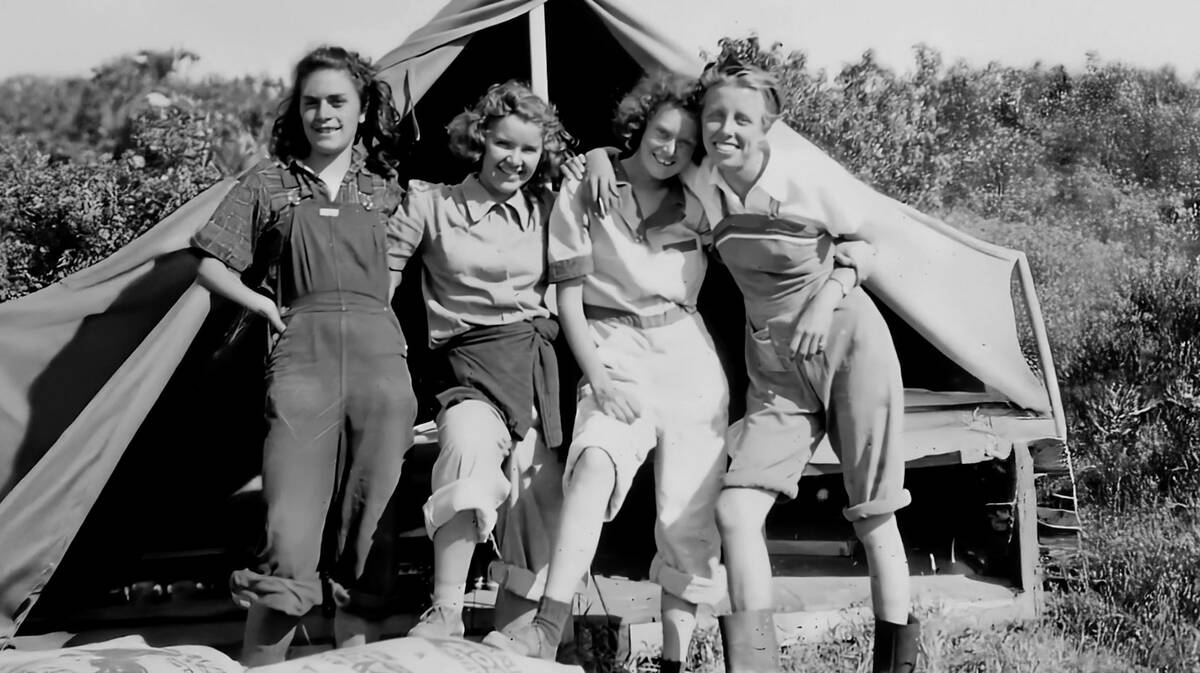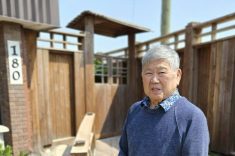At the request of Ontario Conservative senator Hugh Segal, the Senate soon will launch a debate on the merits of making itself democratic.
“I believe that the government’s commitment to Senate reform is a vital part of the infrastructure of democracy we must build for the future,” Segal said after giving notice June 5 that he will instigate the debate.
Alberta and Saskatchewan already have Senate election legislation on the books and British Columbia and New Brunswick are proposing legislation to allow election of Senate candidates.
Read Also

Women who fed a nation
More than 40,000 young women supported the war effort between the 1940s and early 1950s, helping grow and harvest crops amid labour shortages. They were called Farmerettes.
In Saskatchewan legislation approved in 2009 but not yet used to select a Senator, the conservative provincial government said Senate elections are the future.
“Individuals whose names are submitted to the Queen’s Privy Council for Canada for appointment to the Senate to represent Saskatchewan should be determined by the voters of Saskatchewan by democratic election,” said the bill’s preamble.
Senate reform has been a cornerstone of the federal Conservative government’s democratic reform promises since the days of the Reform Party but legal reform to require Senate elections is unlikely anytime soon.
It would need a constitutional amendment supported by provinces and with strong resistance from Quebec and Ontario as well as NDP premiers who favour Senate abolition, a constitutional amendment is not in the cards.
As an alternative, prime minister Stephen Harper has encouraged provinces to hold elections for vacant Senate seats and he has promised that he will appoint senators who have led the provincial polls and are nominated by the provincial government.
Meanwhile, Conservatives now hold the majority in the Senate and during the past six years, Harper has appointed 41 Senators, all of them pledging to support Senate reform and to stand for election when it becomes a democratic body.
They also agreed to serve a nine-year term rather than hold office until age 75 as the constitution allows although by law, once appointed they can ignore that promise and serve until their 75th birthday.
Segal said he hopes Senators from both sides of the political divide will debate the need for Senate change “and that wisdom will prevail on the way ahead for a reformed and democratic upper chamber in Canada.”














